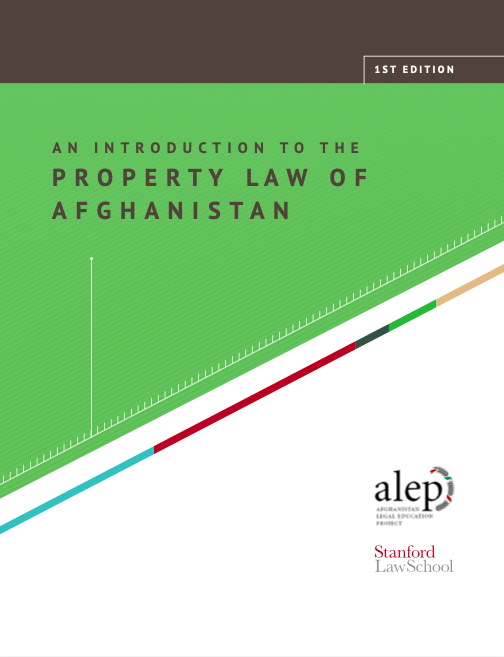Resource information
ABSTRACTED FROM INTRODUCTION:
At the beginning of this textbook, the authors would like to make two suggestions about how to approach the study of property law.
First, property is a subject that affects our lives every day, that we think about often, and about which we have strong opinions. For this reason, you should not think of property law as a purely academic subject. Instead, you should think of property law as a practical subject about which you already have a lot of knowledge. This textbook will formalize and organize your knowledge of property law, but you should use what you already know about the subject as you read the textbook.
Second, property is a controversial subject with social and political implications. This textbook addresses what property law is (a legal question). There is another question of what property law should be (a normative question, or question about social values). For instance, there is a legal question about how to acquire ownership of a plot of land, and there is a normative question about how many plots of land a single person should be allowed to acquire. To be clear, the normative question is how to balance the individual right of land ownership with a collective goal of relative equality in land ownership. This question itself makes assumptions that you may disagree with. For instance, you may not believe in an individual right of land ownership. Or, alternatively, you may reject the notion that society needs to strive for relative equality in land ownership. Regardless, the point is that property law is a controversial topic worthy of your careful study. Although the textbook focuses on legal questions, it is important to consider and discuss normative questions too. It will make for good conversation with your classmates, as these normative questions are deeply interesting.

